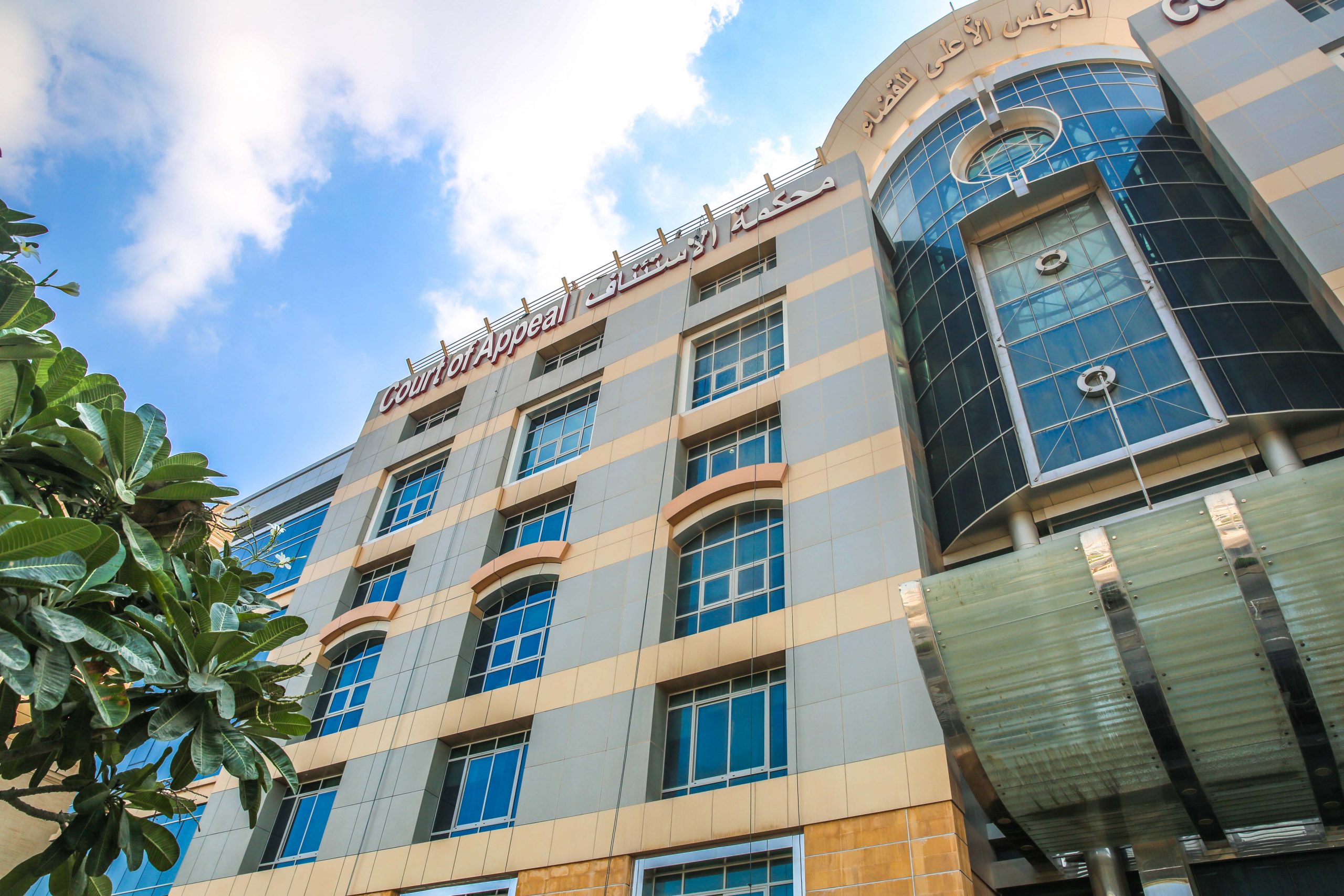
The defense attorney for a man appealing a seven-year human trafficking sentence has asked a Qatar court to show “mercy and leniency” toward his client.
Next month, judges will issue a verdict in the case, which involved the death of an Indonesian domestic worker whose body was dumped at Hamad General Hospital in 2014.
Earlier this year, two people were convicted of involuntary manslaughter by a lower court and sentenced to a year in jail following the woman’s death.
One of them, a Palestinian man in his 50s, was additionally found guilty of human trafficking and ordered to be deported after serving his sentence.
Neither defendant has served jail time yet.
The case
Few details are known about the victim, except that she arrived in Qatar to work as house help.
She apparently fled an abusive sponsor and reached out to the Palestinian man for help. He put her in contact with the other defendant, a Qatari woman, who hired her but did not assume her sponsorship.
The Indonesian woman had a preexisting respiratory illness and, at one point, became so ill that the Qatari woman took her to Hamad General Hospital’s emergency department.

However, the court was told that the domestic worker was denied medical attention because she was unable to produce any ID at the hospital.
She later became seriously ill and died in the home of the Qatari woman, who called the first defendant for help.
He drove over and, after confirming that the woman was indeed dead, brought the body to Hamad General Hospital where he abandoned it next to an elevator.
Negligence
During today’s closing arguments, the defense lawyer for the man said that his client was innocent on all counts.
The attorney argued that there was nothing the man could have done to save the woman’s life and suggested that Hamad Medical Corp. (HMC) – as well as the woman herself – bore some responsibility.
If what the court heard about the woman being turned away from the emergency department is true, the lawyer said, “the hospital should be held responsible. It’s inhumane to deny anyone treatment because they do not have a form of ID on them.”

An HMC spokesperson did not immediately respond to questions from Doha News about the institution’s policy of providing treatment to patients without ID.
The lawyer also noted that his client did not have a medical background and attended to the woman as soon as he was notified by the other defendant.
“What else was he supposed to do?” the lawyer asked.
Finally, the attorney suggested that the Indonesian woman could have done more to help herself.
She had previously borrowed QR100 from a coworker to purchase medicine and, if she realized her condition was worsening, could have asked to use her colleague’s mobile phone to call an ambulance.
“If the victim had a history of this disease, was an adult and did not pursue treatment for herself, then she has also played a role in this tragedy,” the lawyer told the court.
The defense lawyer for the other defendant did not present any oral arguments and instead filed a written submission to the court to challenge the manslaughter conviction.
Human trafficking
For his part, the prosecutor asked the court to uphold the original sentence – including the human trafficking conviction. He argued that the defendant had “exploited” the victim by putting her to work after she fled her sponsor.

He also highlighted how the man “dumped” the woman’s corpse at the hospital. However, the defendant was not charged with any crime specifically related to his treatment of the woman’s body.
“All of these actions would not be committed by someone with a semblance of humaneness,” the prosecutor said.
The prosecutor further suggested that the defendant was running an underground recruitment agency for domestic workers and paid for a home where the women lived.
However, the defendant’s lawyer noted that a witness from the Ministry of Interior has testified that the investigation produced no evidence of human trafficking.
The attorney also noted that it was the victim who asked the defendant for help finding a job and that his client did not force the woman to work.

However, Qatar law says it is “irrelevant” if human trafficking victims consent to working.
The lawyer concluded by asking the court to show leniency towards his client because he is the primary caregiver to his children as well as his sister, who has Down syndrome.
Additionally, the Palestinian defendant was born in Qatar – to a father who was also born here – which the lawyer said raises questions about how he could be forced to leave after serving his prison sentence.
“Where would he be deported to?” the lawyer asked.
A verdict is scheduled to be delivered on June 20.
Thoughts?







